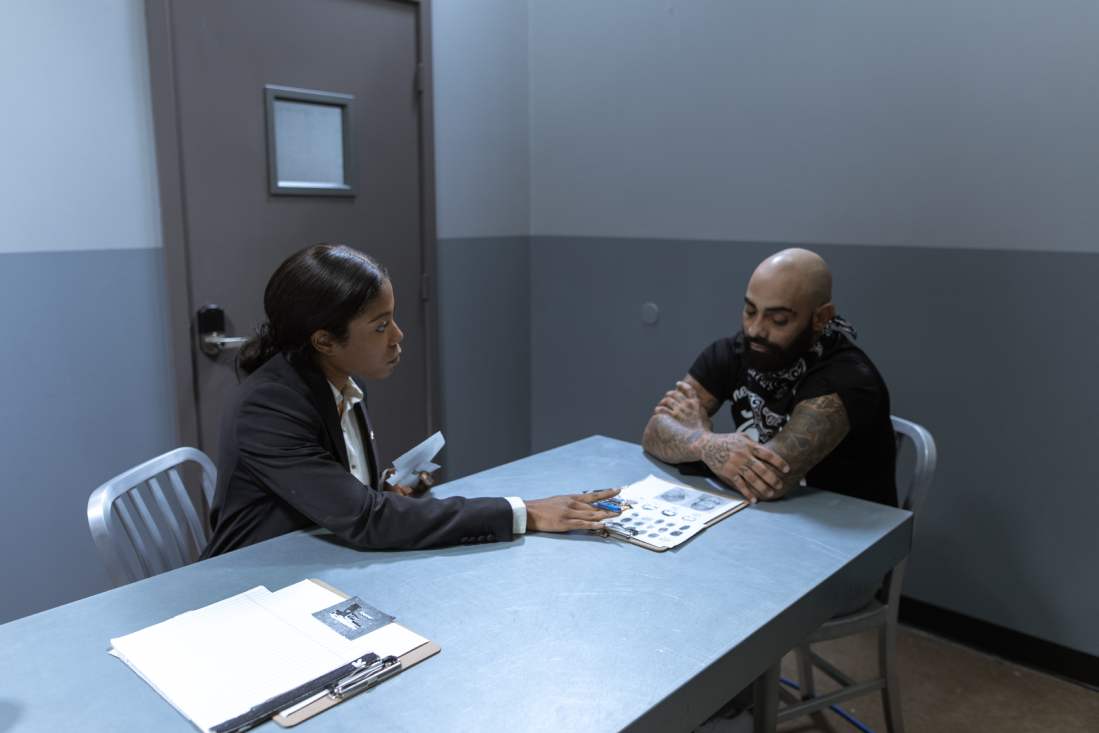
Workers' compensation lawyers play a pivotal role in ensuring justice for individuals who have suffered injuries or illnesses in the workplace. These legal professionals work tirelessly behind the scenes to navigate complex legal processes, secure rightful compensation, and provide a voice for those in need. In this comprehensive guide, we will delve into the essential aspects of how workers' compensation lawyers operate, shedding light on their crucial role in pursuing justice.
Understanding the Basics of Workers' Compensation
Workers' compensation serves as a safety net for employees, offering financial assistance and medical benefits when injuries or illnesses occur. To kick off our exploration, let's delve into the fundamentals of workers' compensation and how it forms the foundation for the work of dedicated attorneys.
The Purpose and Origins of Workers' Compensation
Workers' compensation emerged as a response to the inherent risks associated with various occupations. Originating in the early 20th century, this system aimed to provide a fair and efficient process for injured workers to receive compensation without the need for lengthy and costly legal battles. Understanding the historical context helps contextualize the modern-day role of workers' compensation lawyers.
Key Components of Workers' Compensation
Breaking down the components of workers' compensation, we'll explore the coverage of medical expenses, wage replacement, rehabilitation, and death benefits. Workers' compensation lawyers specialize in navigating the intricate web of regulations and ensuring that their clients receive the full scope of benefits they are entitled to.
The Role of Workers' Compensation Lawyers
Now that we've established a foundation, let's take a closer look at the vital role workers' compensation lawyers play in the pursuit of justice for injured workers.
Initial Consultation and Case Evaluation
The journey begins with an initial consultation, during which a workers' compensation lawyer assesses the details of the case. This involves understanding the circumstances surrounding the injury, gathering relevant medical records, and determining the potential merits of the case. A thorough case evaluation lays the groundwork for the legal strategy moving forward.
Filing and Managing Claims
One of the primary responsibilities of a workers' compensation lawyer is to file and manage claims on behalf of their clients. This process involves navigating bureaucratic procedures, adhering to strict timelines, and ensuring that all necessary documentation is in order. Lawyers serve as advocates, handling the paperwork and communication with insurance companies, allowing their clients to focus on recovery.
Negotiating Settlements
Negotiating a fair settlement is a critical aspect of a workers' compensation lawyer's role. Drawing on their expertise in workers' rights and compensation laws, these attorneys engage with insurance companies to secure the best possible outcome for their clients. This often involves negotiations to ensure adequate compensation for medical expenses, lost wages, and potential long-term effects of the injury.
Challenging Denied Claims
Unfortunately, not all claims are initially accepted, and this is where the tenacity of workers' compensation lawyers truly shines.
Appealing Denied Claims
Workers' compensation lawyers step in to appeal the decision when a claim is denied. This intricate process involves presenting additional evidence, challenging legal interpretations, and, in some cases, representing clients in administrative hearings. The goal is to overturn the denial and secure the compensation rightfully owed to the injured worker.
Litigation and Court Representation
In cases where negotiations and appeals prove insufficient, workers' compensation lawyers are prepared to take legal action. This may involve filing a lawsuit and representing their clients in court. Litigation requires a deep understanding of workers' compensation laws, courtroom procedures, and the ability to construct a compelling legal argument.
Ensuring Long-Term Protection
Beyond immediate compensation, workers' compensation lawyers strive to secure long-term protection for their clients.
Permanent Disability and Future Medical Care
For individuals facing permanent disabilities, workers' compensation lawyers work to ensure that ongoing medical care and rehabilitation are covered. This includes advocating for vocational training and assistance in reentering the workforce and providing a comprehensive approach to securing the injured worker's future.
Social Security Disability Integration
Workers' compensation lawyers also navigate the intersection of workers' compensation and Social Security Disability benefits. Coordinating these benefits is a complex process, and attorneys play a crucial role in maximizing the financial support available to their clients.
Conclusion
In conclusion, the work of a Sebring workers' compensation lawyer extends far beyond the courtroom. These legal professionals operate behind the scenes, navigating intricate legal processes, negotiating with insurance companies, and tirelessly advocating for the rights of injured workers. Understanding the multifaceted role of workers' compensation lawyers illuminates the importance of their contribution to ensuring justice and fair compensation for those who have suffered in the workplace.



























